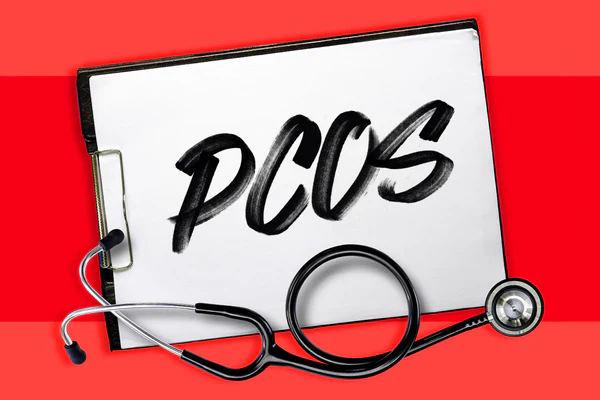
Polycystic Ovary Syndrome, or PCOS, touches the lives of millions of women globally—but in the Philippines, it remains undiagnosed or misinterpreted. This hormonal disorder may impact a woman’s menstrual cycle, fertility, skin, and general health. Early recognition of the signs and proper care can make a huge difference in long-term health.
Understanding PCOS in the Local Context
PCOS is a condition where the ovaries secrete more than usual amounts of androgens (male sex hormones), resulting in abnormal ovulation. Although its precise cause remains unclear, lifestyle, genetics, and insulin resistance are thought to be major contributing factors.
In the Philippines, stigma towards health and limited access to education about women’s health can be hindrances, so there are many women who have symptoms for years without realizing they have PCOS. The long delay in diagnosing can bring on complications such as type 2 diabetes, heart disease, and infertility if left untreated.
Common Signs and Symptoms
Each woman with PCOS is unique, but these are the most commonly cited signs:
– Irregular periods or lack of periods
– Excessive hair on the face or body (hirsutism)
– Acne or oily skin
– Weight gain or trouble losing weight
– Thinning hair or baldness
– Dark skin patches (particularly in the neck or armpit area)
– Mood swings or depression
– Trouble becoming pregnant
If you see two or more of these symptoms, it might be time to have a conversation with a doctor.
When to See a Doctor
You don’t have to wait until symptoms become severe. If you’re experiencing irregular cycles, unexpected weight changes, or skin and hair issues, it’s worth discussing with a healthcare provider.
Seeing a PCOS expert in the Philippines—preferably an endocrinologist or OB-GYN—can assure proper diagnosis and a personalized plan of treatment. This can consist of hormone workup, pelvic ultrasound, and lifestyle counseling, depending on the case and one’s objectives (e.g., fertility or weight control).
The Connection Between PCOS and Menopause
Although PCOS symptoms tend to decrease as a woman approaches menopause, the risks do not disappear. Women with PCOS history can still experience higher probabilities of developing metabolic disorders or cardiovascular disease in later life. Periodic check-ups continue to be essential even after menstrual cycles cease.
Taking the Next Step with NowServing PH
You don’t have to make this journey alone. With NowServing PH, locating a reputable PCOS specialist in the Philippines is easy. Search by area, verify credentials, and schedule appointments—all in an instant. Early treatment equals improved results, and we’re here to guide you in making that first step.




